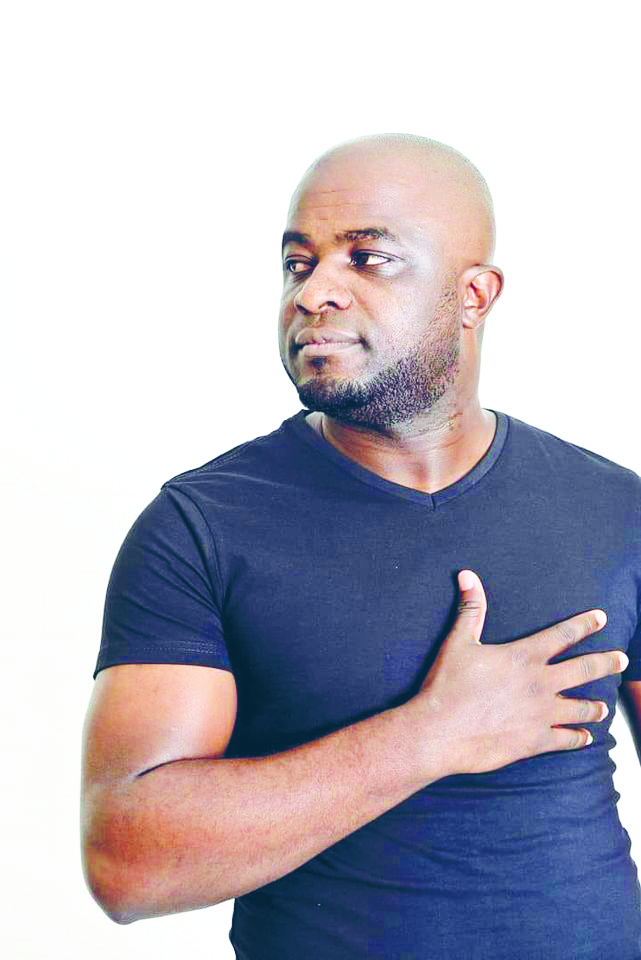Fund the arts, fund the culture

• By Jossy Joss
FUND the arts, fund the culture. Art is in our food, art is in our presentations, art is in our driving, art is in our relaxation, art is in our dressing, and art is at the centre of our daily existence.
We turn not to see the role that art plays in our daily lives but let us put it into perspective.
The presentation you did on your PowerPoint had an artist involved in it. The car you drive was designed to your liking by an artist, an artist produced the music you listen to on your way to work, and from the box of cereal your family has for breakfast was designed by an artist. The chair, the software, the computer you are using at work are all designed by an artist. I can go on and on about the involvement of art in your daily life.
The question, however, is how often you think about the artist and not the product. Many of us never really think that deeply about how we can impact the artist’s life or how we impact the artist’s life by purchasing their work.
Moreover, we hardly ever think of supporting the artist by purchasing the product or simply paying them for a job. How often have you asked for a discount from a musician, a photographer, or a DJ? You probably have done this a couple of times because you felt it was just too expensive for the little effort the artist had invested.
People assume that artists simply wake up to do what they do and that pure talent is all it takes to get the job done. The assumption is that no arduous work goes into the final act. This is far from the truth. Let me give you a simple illustration of what goes into creating the final product in music.
The artist must first get the motivation to create a song, then go to a studio that must be paid for (depending on the studios, they can pay between N$1000–N$4000 per song).
The artist must then spend between 10 hours to 3 days working on finalising one song, and during that time, they must buy refreshments and food for those days. They must also spend money on fuel or taxis to visit the studio.
They must then promote the song through interviews and social media platforms, requiring excellent-quality images to accompany the song. The artist must pay the graphic designer and purchase data to achieve promotion on social media. To gain maximum mileage, the artist must produce a quality video; this would set them back another N$10 000 or, at most, in the Namibian context, N$50 000.
For them to perform at your event, they would have spent all that money plus the time spent producing the track and the rehearsal to appear on your stage. So, the question is, are you asking for a discount because the artist did not put in an effort, or are you simply doing so because of your greed? We must fund the artist adequately not because the artist is in need but because they deserve it, just like you demand that your customers pay you more or that your employer pays you more. I want to contextualise the Namibian funding of arts and culture development so that you can understand how artists are short-changed in Namibia. The province of Gauteng in South Africa allocated R143 million towards its arts and culture development during the 2023/2024 period, while the country budget stands at R1.75 billion during the same period. Conversely, Namibia has allocated about N$39 million towards arts and culture development over the same period. This N$39 million will go towards the National Arts Council of Namibia, National Theatre of Namibia, National Art Gallery of Namibia, Museums Association of Namibia, National Heritage Council of Namibia, National Library and Information Council, and the PAN Afrikan Centre of Namibia.
Heritage Promotion and Preservation in South Africa received R2.63 billion and is not covered by the R1.75 billion, which is purely for arts and culture development; note that this is not the same in Namibia.
For more on this & other stories: Grab a copy of the Newspaper
